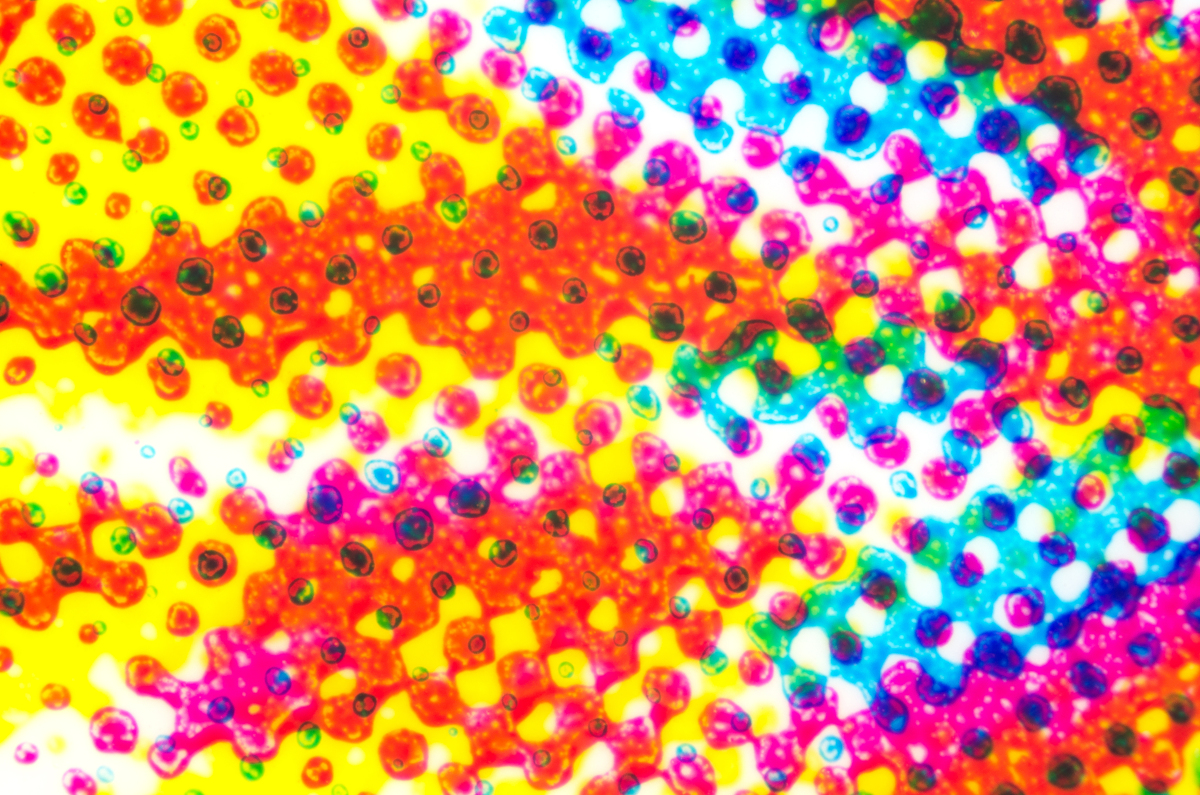Soy Surfactant Tech Comes Full Circle by Helping U.S. Farmers Produce Best Possible Results
To help farmers better utilize pesticides, companies in the United States and beyond have been trying to produce surfactants that combat drift (the unintended or off-target spread of pesticides due to wind), enhance penetration (how deeply the applied chemical can move through the plant) and resolve other problems that arise during pesticide application.
SOIL Service, Inc. has developed a surfactant product that does all of that and more with Landoil®. Made up of 90% soybean oil, Landoil is a sustainable option among surfactants.
“Landoil is a nonionic surfactant, a crop oil and a vegetable oil concentrate. Therefore, if a chemical label calls for any of these, we are FDA-approved, or on-label, for use,” said Brent Schmitz, owner of SOIL Service, Inc. “We have passed required testing by the major agrochemical companies to be included for approved use on Roundup Ready Xtend® Crop System and Enlist™ weed control system technologies.”
Because of Landoil’s success in diversifying its product, the company has more market access opportunities.
In its current formulation, several major universities across the U.S. have conducted research on Landoil.
“Researchers looked at a number of different qualities when testing, including efficacy with herbicides on problem weeds, effects on fungicides for use for foliar diseases and wind tunnel testing for drift control,” said Schmitz.
According to Schmitz, the biobased properties of Landoil have many performance benefits. The spray is environmentally friendly and primarily manufactured with “farmer-grown” materials. The formula remains on the plant, saving both time and money.
“The product spreads and sticks extremely well. When the soy-based spray solution contacts the leaves, it spreads rapidly and begins drying due to its biobased composition,” said Schmitz. “This allows Landoil to stay on the crop and not volatilize or wash off with the rain, allowing us to make positive contributions towards sustainability. Additionally, this surfactant does not cause the burn normally associated with crop oil products.”
Schmitz said plants often shut down when they sense something foreign on their leaves. Landoil’s soy base minimizes this effect.
“As a deposition aid, it helps target the penetration area and works to keep the product in place, moving the agrochemicals throughout the plant instead of into waterways,” said Schmitz.
“Although long-term studies have not yet been completed on potential environmental benefits of Landoil, biobased products historically have less impact on the environment and soil, making them a clear choice for sustainable farmers.”
“As a farmer myself, I know that having a trusted partner adds value to your operation. There is not one product or service we offer that our team has not tested and seen the results of in our own fields,” said Schmitz.
Surfactant technology isn’t the only innovation to come full circle from harvested U.S. fields to the equipment used on the farm and processing plants. Rubber belting featuring soy oil technology has also been created for use in harvesters, baler equipment and conveyor belting.
Soy checkoff-supported soy technology also finds its way into the farmhouse with composites made with adhesives that replace formaldehyde with soy resins in plywood, and soy-based spray insulation is reducing reliance on petrochemicals and lowering consumer energy consumption. Discover more about the many uses for U.S. soy at soynewuses.org.



